Television Equatorial Guinea, a small country on the west coast of Central Africa, has a developing media landscape with television playing a significant role in shaping public opinion and disseminating information. As of my last knowledge update, the media environment in Equatorial Guinea has been characterized by a mix of state-controlled and private outlets. One of the key players in the television sector is RTVGE (Radiotelevisión Guinea Ecuatorial), the state-owned broadcaster. While the media landscape may have evolved since my last update, I will provide an overview of RTVGE and its potential role in the country’s television landscape.
RTVGE (Radiotelevisión Guinea Ecuatorial)
Overview:
RTVGE, or Radiotelevisión Guinea Ecuatorial, is the state-owned broadcaster in Equatorial Guinea. It operates both radio and television services and serves as a primary source of information and entertainment for the population. Established by the government, RTVGE has been a key player in shaping the media landscape in the country.
Programming:
RTVGE provides a mix of programming, including news, educational content, cultural programs, and entertainment. The programming reflects the government’s messaging and priorities, and the content often aligns with the political landscape of the country.
- News and Information:
- RTVGE serves as a platform for disseminating news and information to the public. News programs cover both national and international events, offering viewers insights into current affairs.
- Educational Content:
- The broadcaster may include educational content aimed at informing and educating the public on various topics. This could include documentaries, informative programs, and features that contribute to the cultural and intellectual development of the audience.
- Cultural Programs:
- RTVGE may broadcast cultural programs that highlight the rich heritage and diversity of Equatorial Guinea. This could include features on traditional music, dance, festivals, and historical aspects of the country.
- Entertainment:
- The broadcaster likely features entertainment programs, which could include locally produced dramas, music shows, and other forms of entertainment that resonate with the local audience.
Online Presence:
As of my last knowledge update, the online presence of RTVGE might be limited. State broadcasters often have official websites or platforms where viewers can access live streaming or catch up on programs. However, the availability and accessibility of online content may vary.
- Official URL (as of the last update): [RTVGE – Not available]
It’s essential to note that access to online content, especially for state-controlled broadcasters, might be subject to government regulations and restrictions. If there have been changes or developments since my last update, it would be advisable to check for the latest information regarding RTVGE’s online presence.
Other Media Outlets in Equatorial Guinea:
While RTVGE is a significant player, the media landscape in Equatorial Guinea also includes private and international outlets. However, media freedom in the country has been a topic of concern, with reports of restrictions on press freedom.
- Asonga TV:
- URL: Asonga TV
Asonga TV is a private television channel in Equatorial Guinea. It provides a mix of news, entertainment, and cultural programs. The channel is owned by Teodoro Obiang Nguema Mbasogo, the President of Equatorial Guinea, and is associated with the ruling party.
- Radio Macuto:
- URL: Radio Macuto
While Radio Macuto primarily operates as a radio station, it also has a presence online and may feature video content. It covers news and information related to Equatorial Guinea and has been associated with opposition voices.
- EITB (Equatorial Guinea International Television):
- URL: EITB
EITB is an international television channel based in Equatorial Guinea. It aims to provide news and information to the international community and offers content in multiple languages.
Challenges and Considerations:
Equatorial Guinea has faced challenges related to press freedom, and the media landscape has been criticized for lack of pluralism and restrictions on independent journalism. The dominance of state-controlled media has implications for diverse voices and perspectives.
- Media Freedom Concerns:
- Press freedom in Equatorial Guinea has been a subject of concern, with reports of limitations on independent media. The government’s control over state media raises questions about the diversity of voices and perspectives.
- Access to Information:
- Access to information, including online content, may be subject to government regulations. Independent news outlets, if available, might face challenges in freely reporting on issues critical of the government.
- Role of State Media:
- State-controlled media, such as RTVGE, plays a central role in shaping public narratives and disseminating information. The extent to which it reflects diverse viewpoints and serves as a platform for public discourse depends on the regulatory environment.
Conclusion:
While private outlets like Asonga TV and international channels like EITB contribute to the media landscape, concerns about press freedom persist. The challenges related to media freedom and pluralism underscore the importance of a diverse and independent media sector in fostering democratic discourse.
It’s crucial to note that the media landscape can evolve, and changes may have occurred since my last update. If there have been developments or new entrants in the media sector in Equatorial Guinea, it is advisable to refer to the latest sources for the most up-to-date information. Additionally, considering the potential challenges to media freedom, understanding the context and regulatory environment is essential when exploring the media landscape in Equatorial Guinea.

















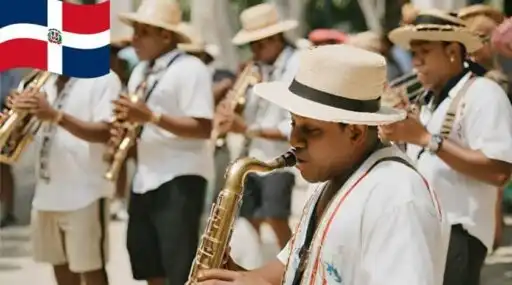
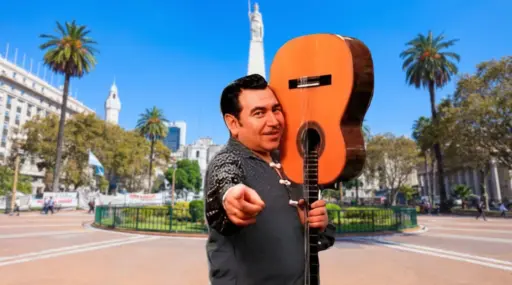
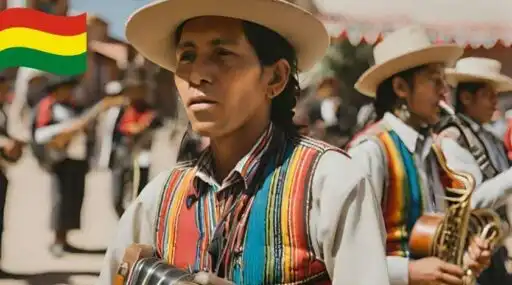

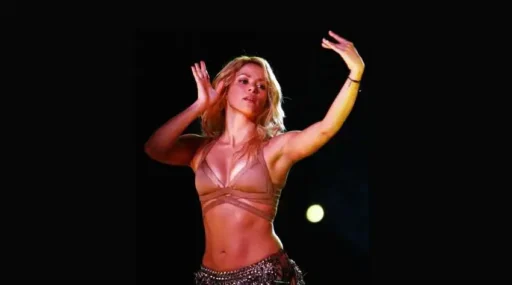
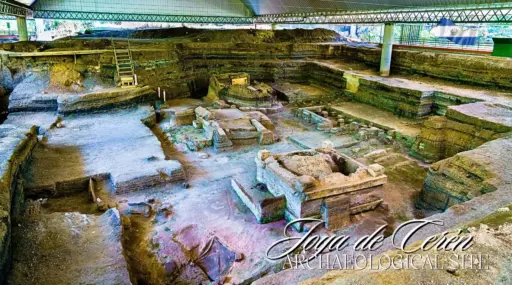
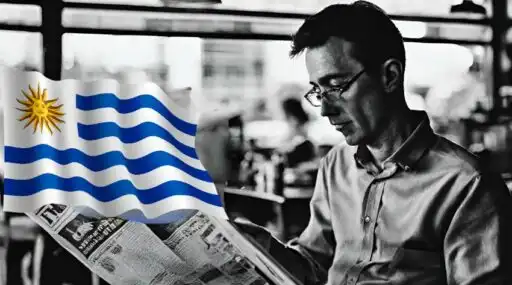
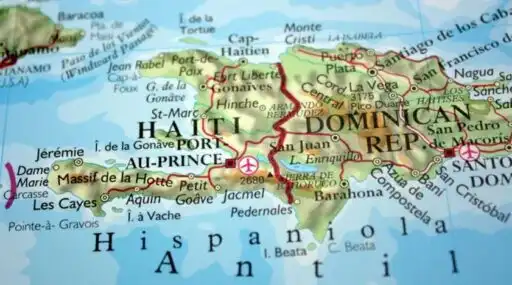
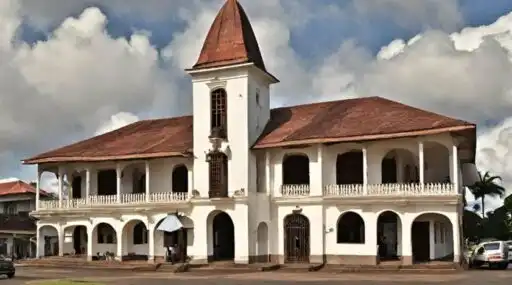
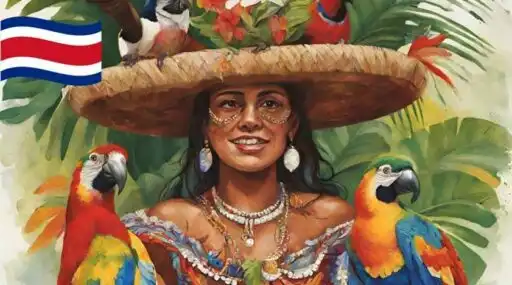
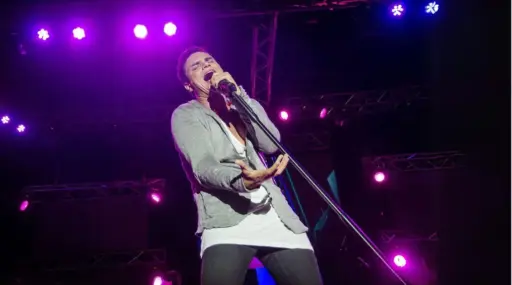
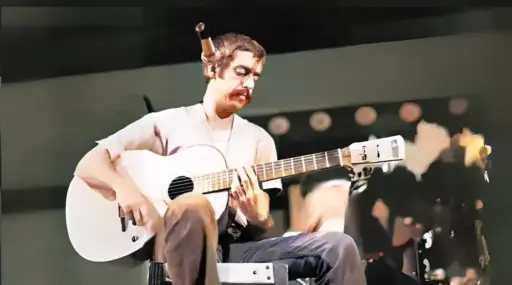

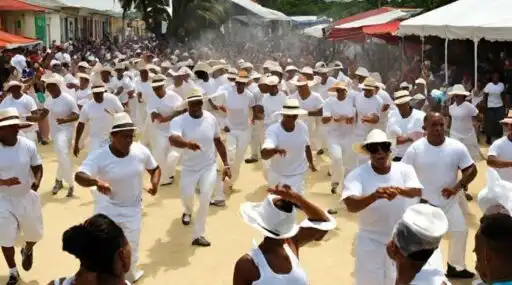






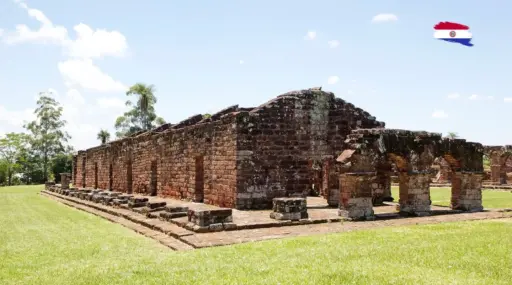
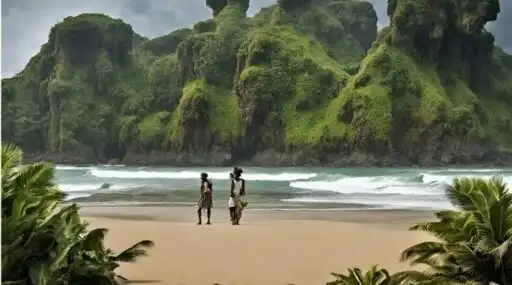


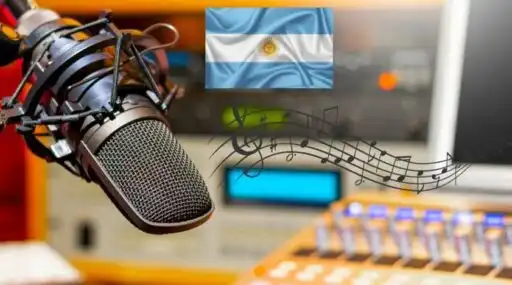
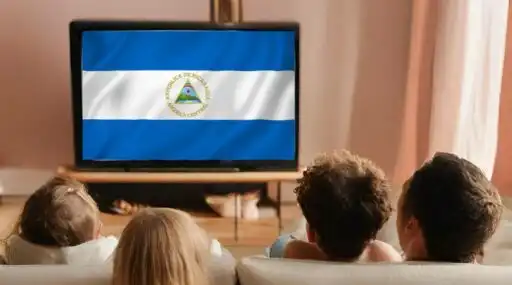

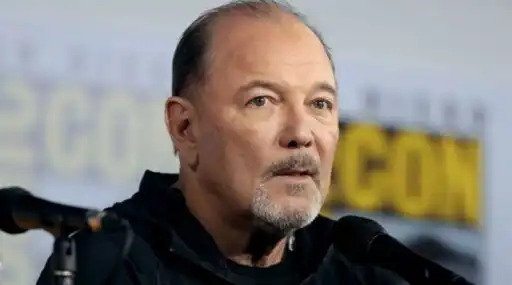

Leave a Reply